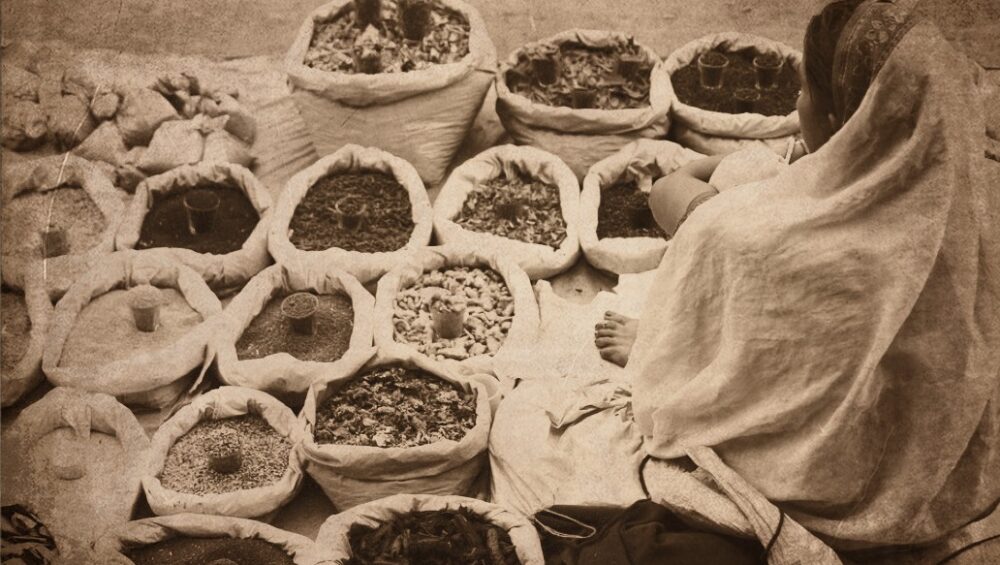The pungent aroma, the vibrant colors, the explosion of flavor on the palate – Indian pickles, or “achaar”, are more than just a condiment; they are a reminder of nation’s history, culture, and cuisine. Their journey spans millennia, mirroring the evolution of the land and its people. Let’s learn more about this flavorful condiment:
Ancient Origins (2030 BCE onwards):
Indian pickles history stretches back to 2030 BCE, with evidence of cucumbers from the Tigris Valley pickled in the Indus Valley Civilization. Salt was the key ingredient, preserving food during harsh summers and long journeys. Early mentions of “achar” appear in Sanskrit texts like the Arthashastra, highlighting its significance in everyday life.
Evolution and Expansion:
Trade along the Silk Route introduced new spices and techniques, enriching the pickle repertoire. By the 16th century, a Kannada text mentions over 50 types of pickles, showcasing regional variations and evolving preferences. Mughal emperors enjoyed “murabbas,” sweet and savory preserves, further diversifying the pickle landscape.
Regional Delights:
India’s vast geography fosters a kaleidoscope of pickles. Mango reigns supreme, with each region boasting its own twist: Andhra’s fiery Avakaya, Kerala’s sweet and sour Mamidikaya, and Bengali’s mustard-infused Aam Panna. Other vegetables like lemons, chilies, and gooseberries find their way into regional specialties, each reflecting local ingredients and preferences.
From Preservation to Pleasure:
Pickles transcended their initial role as food preservers, becoming an integral part of the culinary experience. They add a tangy zest to bland meals, stimulate digestion, and offer a welcome change of pace within the diverse thali. Each bite carries a legacy of tradition, passed down through generations with recipes kept close to the heart.
Beyond Food:
Achars hold cultural significance. In Tamil Nadu, they are offered to deities during festivals. In Gujarat, they symbolize warmth and hospitality. Pickle-making often brings families together, women sharing secrets and skills, perpetuating this cherished heritage.
Pickles and Ayurveda
Ayurveda, India’s traditional system of medicine, recognizes the potential health benefits of pickles in indian history. Specific pickles aid digestion, boost immunity, and even alleviate certain ailments. For example, “Amla achar,” made with Indian gooseberries, is considered a rich source of Vitamin C and is believed to help with digestion and boost immunity. “Neem Achar,” prepared with neem leaves, is known for its anti-bacterial properties. While further research is needed to validate these claims, the link between pickles and Ayurveda highlights their potential role in holistic well-being.
Modern Transformations:
Today, innovation keeps the pickle tradition alive. Fusion pickles combine international flavors with local ingredients. Small-scale entrepreneurs bring authentic tastes to wider markets. While modern methods streamline production, the essence remains – a labor of love passed down through generations, adding a burst of flavor and history to every plate.
The Future of Pickles
The story of Indian pickles is far from over. Future trends indicate a focus on:
Sustainability: Utilizing local ingredients, minimizing waste, and adopting eco-friendly packaging will be crucial for responsible production.
Health and Wellness: Exploring the potential health benefits of pickles while ensuring food safety and proper labeling will be key.
Flavor Innovation: Balancing tradition with contemporary palates through exciting flavor combinations and unique ingredients will drive future trends.
Small-Scale Entrepreneurs
The rise of small-scale entrepreneurs is ensuring the preservation of traditional practices. By sourcing local ingredients and using time-honored methods, these entrepreneurs bring authentic flavors to wider markets. “Achaar Gali,” a brand started by a family based in Bhopal, Madhya Pradesh, use their grandmother’s recipes to share traditional flavors with urban consumers. Such initiatives ensure the survival of cultural heritage while creating sustainable livelihoods.
Achaar Gali – Try Now
At Achaar Gali, we’re passionate about preserving the legacy and tradition of homemade pickles. We aim to revive the art of pickling using our grandmothers’ safeguarded recipes, bringing the cherished taste of our home to yours across India. All our pickles are handcrafted in small batches, sun-dried, and completely free of preservatives. For a healthier option, we use cold-pressed kacchi ghani oil in most of our pickles. Additionally, we offer a variety of no-oil pickles for those seeking a different taste experience.
Visit our website www.achaargali.com today and try our pickles crafted the legacy and tradition – from our homes to yours!

